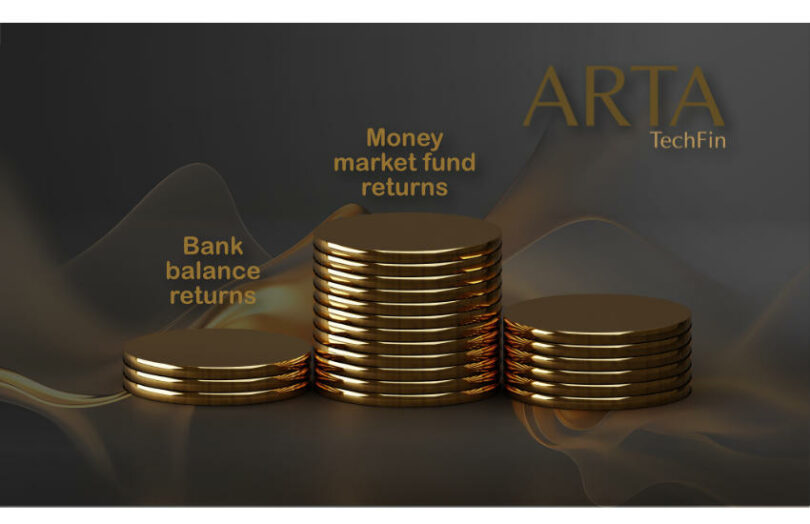While Hong Kong is about to start the second phase of its eHKD retail central bank digital currency (CBDC) trials, last week Arta TechFin published a report on a first phase pilot. It demonstrated a very practical use of programmability. Today consumers don’t get a decent return on their small cash balances held at banks. We’ve seen crypto protocols and asset managers starting to offer tokenized money market funds. However, these are still fringe investments. The Arta pilot explores converting cash balances to a CBDC (or stablecoin or tokenized deposit) and automating the subscription to a money market fund.
This use case resembles some of Brazil’s DREX CBDC pilots, which aim to bring financial inclusion to the masses.
Hong Kong has not decided whether to issue a retail CBDC but recently commenced wholesale CBDC trials to support tokenized deposits. It also launched a stablecoin sandbox.
While Arta TechFin isn’t a household name, it was one of the winners of Hong Kong’s Global Fast Track CBDC competition in late 2022. All the other winners were very large companies. Arta TechFin’s subsidiary Arta-Emali ran one of the 16 eHKD pilots, with PwC contributing feedback and helping with the report.
Depositing small bank balances in MMFs
Circling back to the CBDC use case, with conventional money market fund (MMF) investments, it’s simply impractical to sweep small amounts of cash into a money market fund. Most consumer balances won’t meet minimum investment requirements, never mind the onboarding, fees and long settlement periods. What if a retail investor only wants to deposit into the MMF for a day or a week?
If you remove most of the friction from the process and there aren’t regulatory hurdles, then it could become viable. This pilot still assumed that all the conventional fund intermediaries are involved – brokers, fund managers, fund administrators and transfer agents. However, it used DLT so there was a shared ledger, smart contracts helped with straight through processing, and delivery versus payment removed the delays. It used verifiable credentials to smooth the know-your-customer (KYC) process.
Arta compared the number of steps and time involved in adopting its DLT approach to subscribing for MMFs versus the conventional way. For customers already onboarded, the DLT process took half an hour versus 24 hours conventionally. For new customers, the gap was far bigger.
Another practical aspect of the pilot was its design. It borrowed some features from the crypto world but rejected others. For example, users have self hosted wallets. However, the fund subscription process design takes the form of a vault, similar to a familiar time deposit from a consumer’s perspective.
While many banks are participating in retail CBDC trials, behind the scenes they worry about CBDCs attracting balances away from bank accounts. In reality the real threat is competition from money market funds and government bonds. We saw that in the United States when rates started to rise. Today only a small proportion of investors benefit from the higher MMF rates. The eHKD trial is a practical demonstration that this might change sooner rather than later.
Meanwhile Arta TechFin has big plans for tokenization. Through its regulated subsidiaries it intends to deploy interoperable fund tokens on several blockchains. It’s also working on stablecoins and tokenized real estate. ARTA founder Dr Adrian Cheng has extensive real estate interests in Hong Kong and China.






